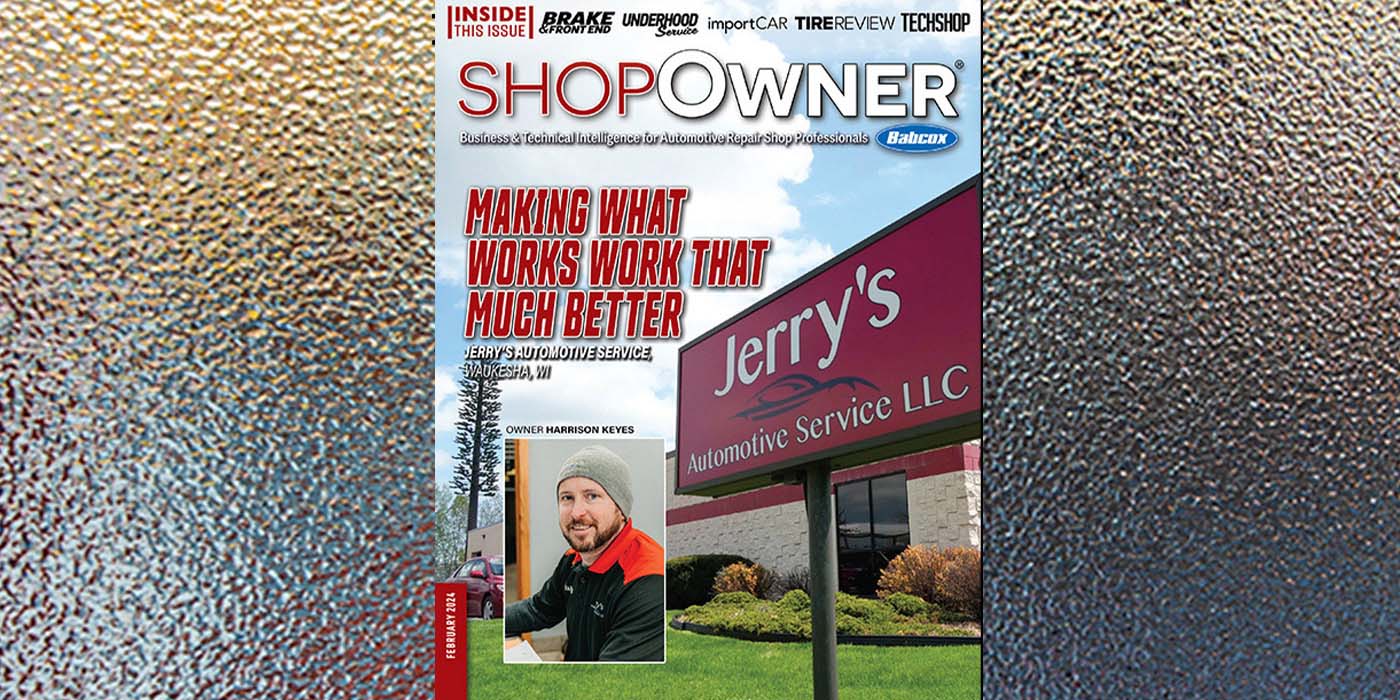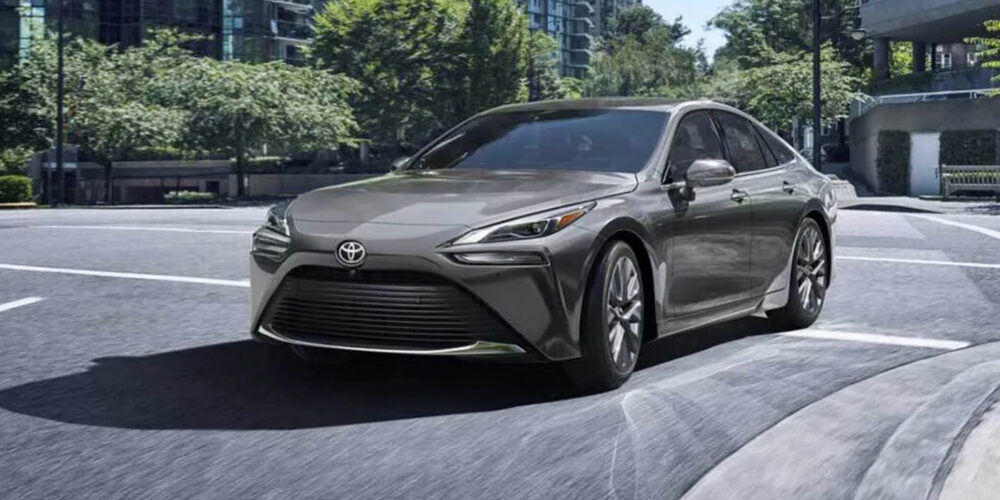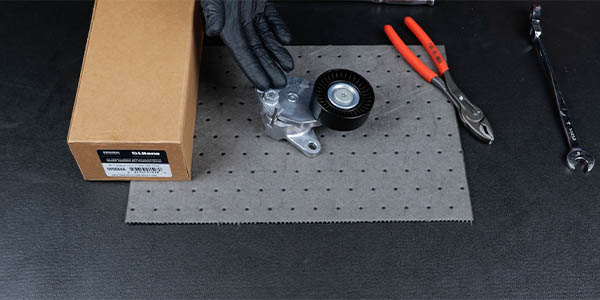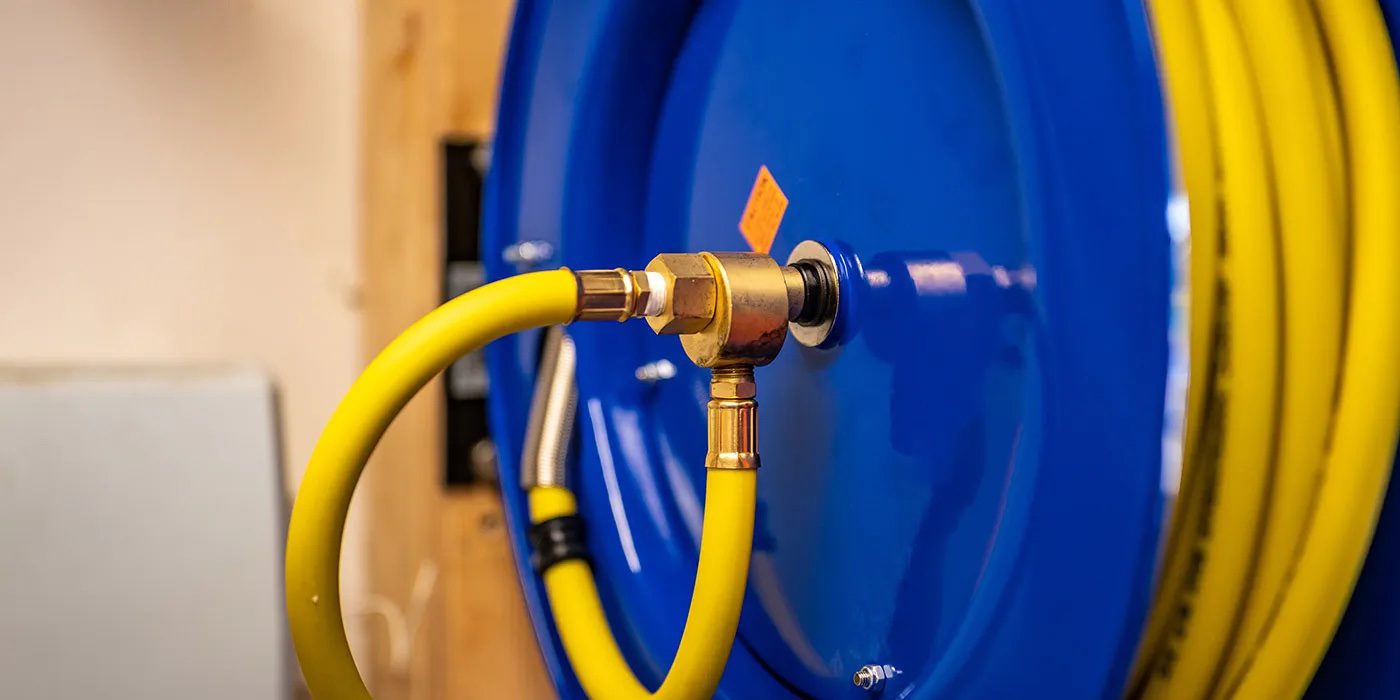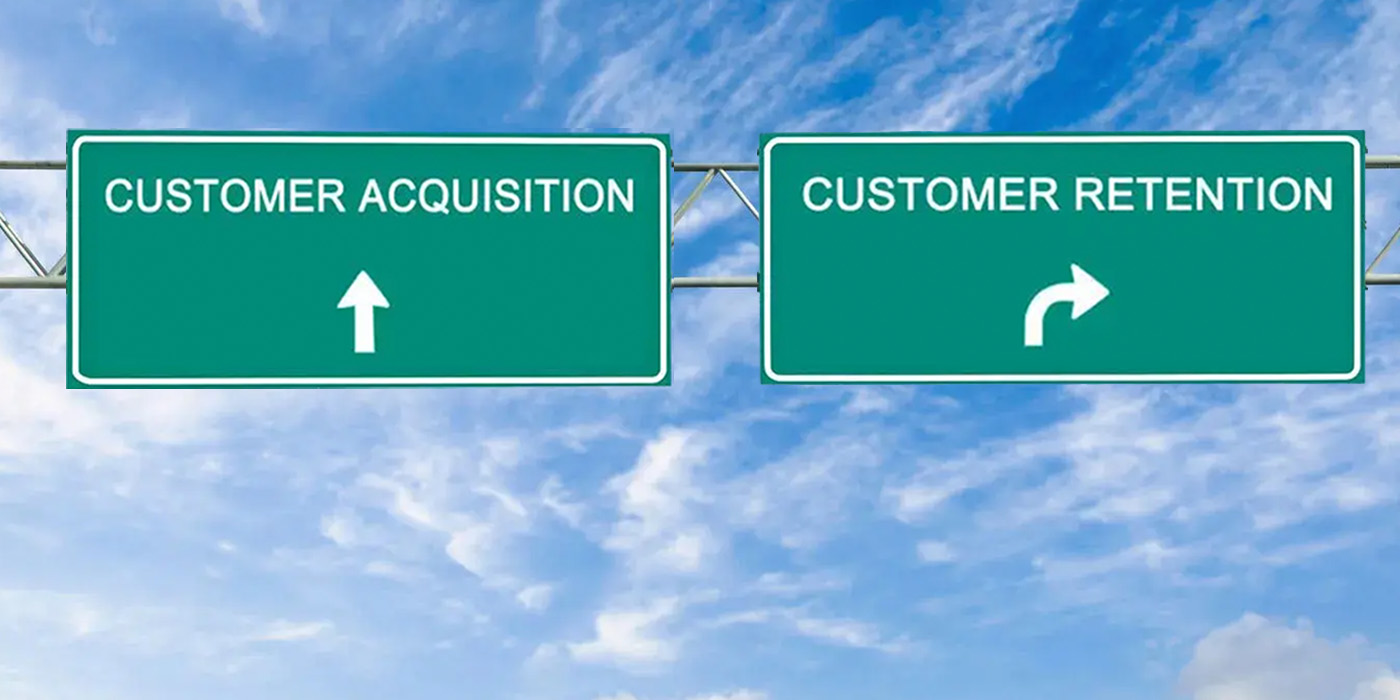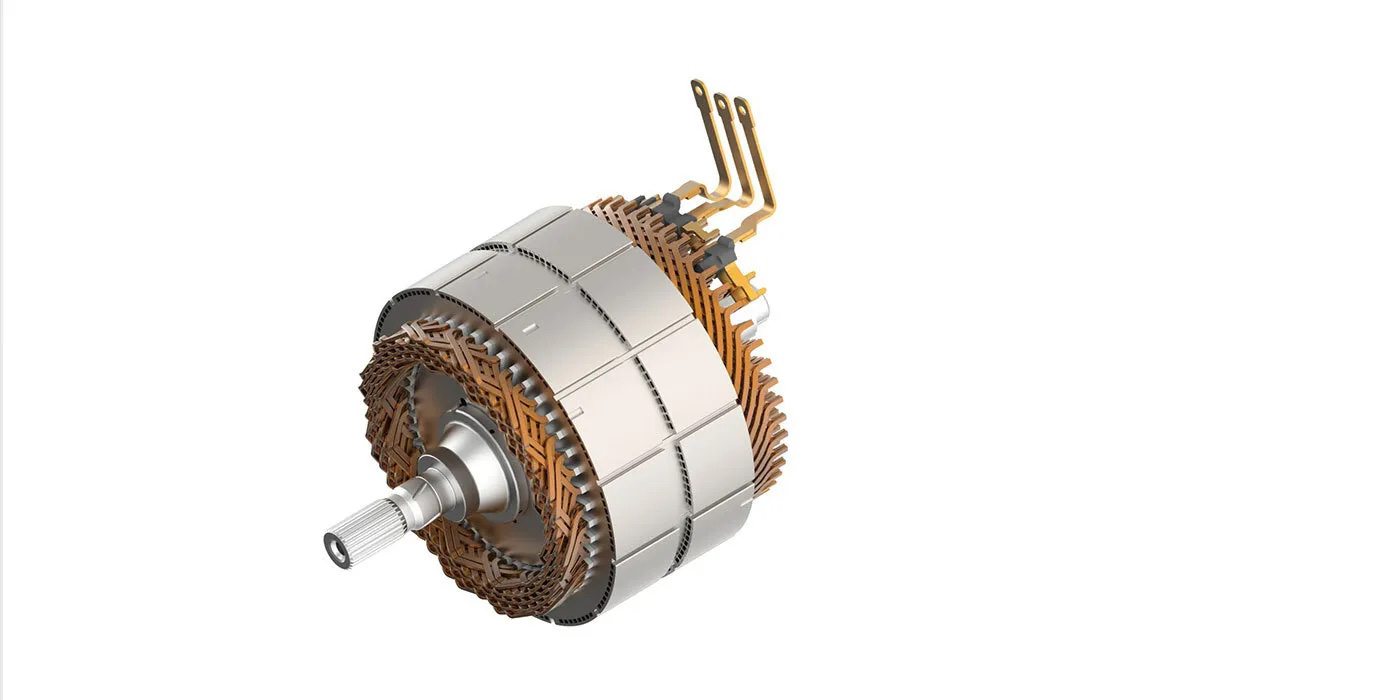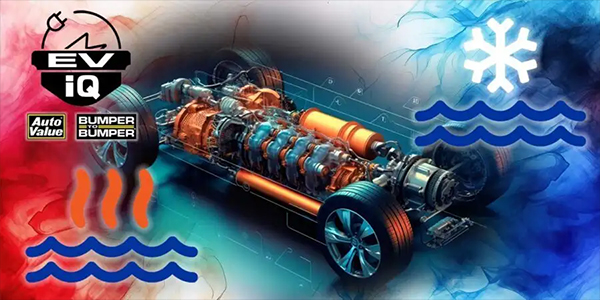By Matt Doty
Director, Corporate Communications
GreatAmerica Leasing Corporation
 For the typical shop owner, the world of leasing can seem like a confusing landscape of options and costs. You may have heard conflicting information; some good, some bad, some neutral. I’m going to attempt to clear up this financial maze called leasing and suggest what to avoid and what to pay attention to.
For the typical shop owner, the world of leasing can seem like a confusing landscape of options and costs. You may have heard conflicting information; some good, some bad, some neutral. I’m going to attempt to clear up this financial maze called leasing and suggest what to avoid and what to pay attention to.
So why is there so much mystery? There are really only two reasons: One, the people in the financing industry have made it way too complicated and you’ve been exposed to way too many lease types when you really only need one; and two, a lot of business owners may have had a bad experience with less than reputable leasing companies and just don’t want to talk about it.
The Basics
The simplest definition I’ve ever heard for lease is this: A lease is an agreement for you to use something I own. If I am the leasing company, I pay the manufacturer for the equipment you’re using and require you to make a periodic payment (usually monthly) to me, the leasing company. I make money on the payment stream and you make money on using the equipment the moment it’s installed. The idea is that the monthly payment is a fraction of the monthly revenue the equipment creates. A leasing company dedicated to the automotive aftermarket can work with you to figure out if the equipment purchase is justified or not.
There’s a rich history of leasing, but briefly, this type of transaction first came about 4,000 years ago and was typically for agricultural tools or field animals. Many years later, in the early 1900s, manufacturers found they could sell more products by offering a payment plan for their equipment. As a selling tool for vendors, leasing entered the business mainstream and now accounts for $600 billion in the U.S. equipment finance marketplace (Equipment Leasing and Finance Association, 2010).
The Financing Industry Has Made Leasing Too Complicated
If you Google “lease types,” you’ll get some websites that have 15 to 20 different types of leases, some using different names for the same type of lease. Having a choice is great, but it gets harder for you to make a decision, and this is where the leasing industry has failed the customer.
There are lots of different lease types, and most shop owners are familiar with one, which is the $1 Buyout lease. Approximately 95% of all equipment leased in the automotive aftermarket is $1 Buyout. This is the go-to lease because it’s straight-forward and there is no ambiguity about who owns what at the end of the term. It is also eligible for favorable tax treatment under the Section 179 tax benefit. The opportunity for this write-off needs to be applied by your tax advisor since they understand your books. The job of the leasing company is to show you this benefit exists.
A Fair Market Value (FMV) lease has lower monthly payments than the $1 Buyout, but the leasing company makes up for these lower payments by maintaining ownership of the equipment at the end of the term and negotiating the “buyout.” The buyer can either walk away from the equipment or purchase it at “fair market value.” Discovering this value, referred to as “residual value,” is when you find out if you picked a fair leasing company. Some will inflate the residual value to make greater profits. Remember to get the residual value in writing before signing your lease agreement if you go the FMV route!
From the shop owner’s point of view, it’s important to know what kind of lease you’re being offered. Rates that seem too low might be FMV leases or have some end of lease payment required or other terms that lead to the “Hot Stove” effect.
The “Hot Stove” Effect
Some shop owners have been burned by leasing companies. As a result, they say they’ll “never lease again” because of their experience. And just like any story, bad news spreads a lot quicker than good news.
Borrowing from Mark Twain, I characterize this problem as the “hot stove” effect. Twain said if a cat jumps on a hot stove, he probably will never jump on a stove again. That’s smart, but the cat will never jump on a cold stove either. And when that happens, there are opportunities that will be missed.
The business owners who have a bad taste in their mouths from being burned by a leasing company will benefit from rethinking their stand and realize that all leasing companies are not alike. Those leasing companies that have poor regard for their customers tend to give the industry a bad name. Given a bad experience, shop owners come to the conclusion that all leasing is bad and they miss out on opportunity.
Test the Stove to See if It’s Hot
Leasing is an unregulated industry and there could be a lot of shenanigans from ethically challenged companies that might hurt your business. To protect yourself, make sure you are working with an above-board leasing company with plenty of good references and a reputation for knowing your industry. Some leasing companies try to present a low price while providing poor service — avoid them! Poor service and the inability to get through red tape and voicemail will only end up in frustration. Remember, your three- to five-year relationship with the leasing company should be a partnership that helps you with current and future purchases. As noted above, there’s also potential that a “low price” is being recouped with hidden charges.
Find those hidden charges! If the rep selling you the equipment isn’t sure, ask the leasing company what to expect at the beginning and end of the lease and get their answers in writing. Make sure you know how much the “documentation fee” is since it can vary widely from one company to the next.
Also, check to see if you’ll be charged “interim rent.” This is when a leasing company sets a billing date to coincide with the date you start using the equipment. With interim rent, you’ll probably pay more than the term on the lease. Insist on a leasing company that waits until the equipment is installed and calls you to set the first billing date. This gets the relationship off on the right foot and demonstrates an understanding of how your business works.
Hopefully, this has cleared up some of the mystery of leasing and gives you more options when you’re growing your business or upgrading equipment. Remember, the leasing company’s reputation in the automotive aftermarket and its willingness to put promises in writing will go a long way toward making a solid and lasting relationship.
Matt Doty is director of corporate communications at GreatAmerica Leasing Corporation. GreatAmerica (www.greatamerica.com) has been building relationships with manufacturers and vendors in the automotive aftermarket since 1992. Matt can be reached at [email protected].

